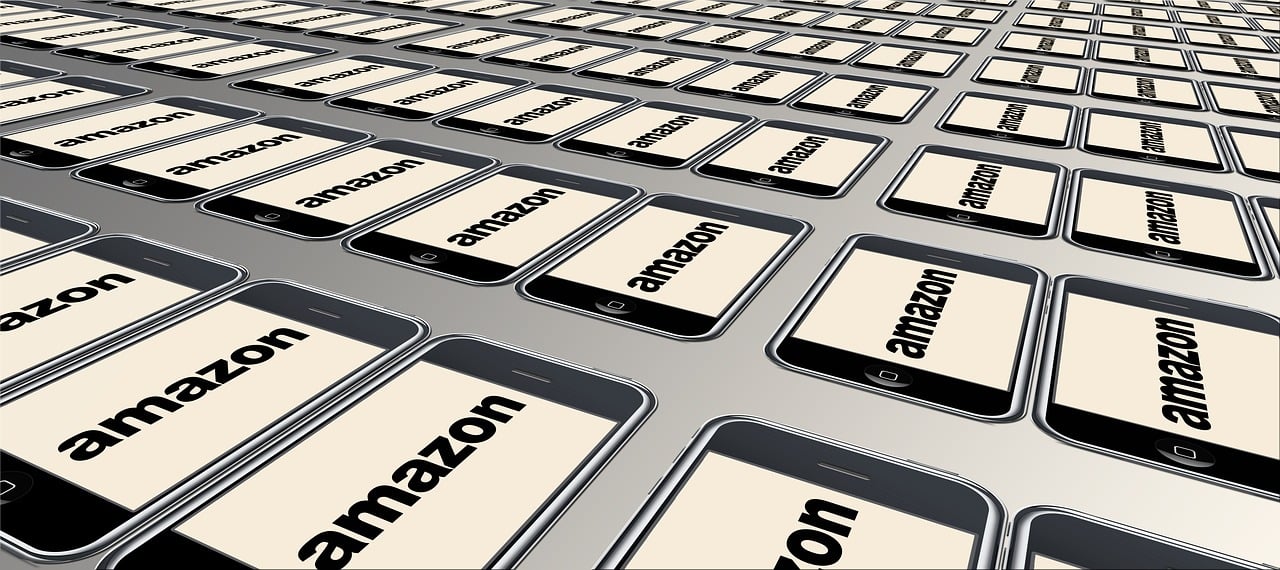So far in 2020 most industries have suffered terribly, with anyone requiring footfall or travel for their businesses to survive completely paralyzed, but there are some online businesses that have thrived, with Amazon leading the charge, taking advantage of people still wanting material goods delivered to their front door and the company in some cases acting as a de facto logistics arm of some governments.
Hoping to drive this advantage home the big three tech companies in the form of Google, Microsoft and Amazon, far from battening down the hatches, have been making aggressive expansion moves, with the latest being into the booming games industry, which is projected to be worth $160 billion by the end of 2020.
Although the technology is yet to take off in a big way, it is clear that bosses at the aforementioned big three think that recent trends in the online space point towards cloud-based gaming platforms being the future. Google recently launched its Stadia platform, Microsoft has Azure vdi, and now Amazon are set to enter the space with Project Tempo, the name a clear indicator that this is a project designed to harness the market dominance Amazon has built in recent months.

Is there any online sector that Amazon doesn’t have a finger in?
Making the Perfect Synergy with Twitch
Twitch is of course the Amazon-owned streaming service, which is the most popular platform for pro gamers and their fans to interact and share gaming experiences, with players of games provided by the likes of Epic Games, PokerStars, and Riot Games all commanding hundreds of thousands of viewers on a daily basis, many of whom play the same games simultaneously while watching their peers on a dual screen setup.
Mike Frazzini, who is in charge of all things gaming and games development at Amazon, has made no secret that once Project Tempo is operational it will be closely integrated into the Twitch environment, meaning that players of Amazon-developed games will perhaps be given preferential treatment and incentives for playing said games over those of its competitors. With this in mind, expect a lot of movement in the coming months on various streaming platforms, as game developers jostle to find networks that are not biased against them.
This cornering of a market has already been used by Amazon when it comes to both music and literature, with the company virtually controlling the price point of many products by virtue of being their main selling and distribution platform. It will be interesting to see how independent games developers and players react, especially if Amazon developed games are no good.

Amazon is muscling in on the gaming industry
Amazon’s First Foray into Games Development
As mentioned in the previous section, Amazon has grand plans to begin producing its own creative capital, having already done so when it comes to movies and TV shows.
Its first effort at this is Crucible, a game most reviewers are suggesting overly apes rivals and yet is surprisingly enjoyable to play. It certainly does look and feel more than a bit like Borderland and Overwatch, the players of which are unlikely to switch codes for a game that doesn’t offer a significant point of difference.
However, with minimal marketing spend and hype apportioned to the game made by Amazon Studios, this is perhaps a mere outrider; a means of the company dipping its toe in the water and having a product they can test its integration and interaction theories with on the Twitch platform.
What Does All This Mean for Amazon Sellers?
Although at first glance this is a move by Amazon that won’t increase traffic for its online sellers, it would naive to think that by further tapping into a $160 billion industry and billion-plus audience that click-through rates to products that are for sale won’t increase. In the long run it may well pay for Amazon sellers to cater more to a young and game loving clientele.

